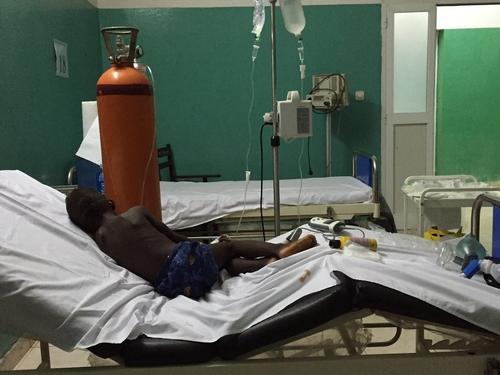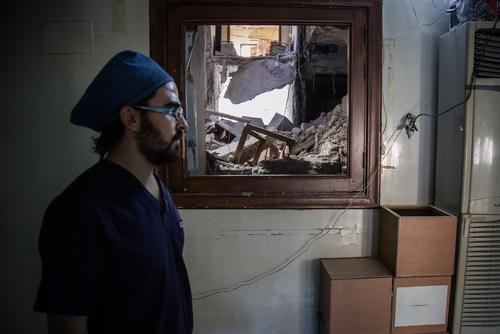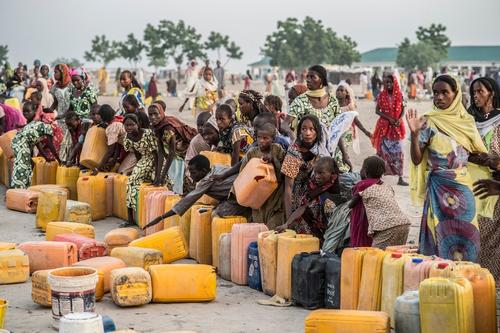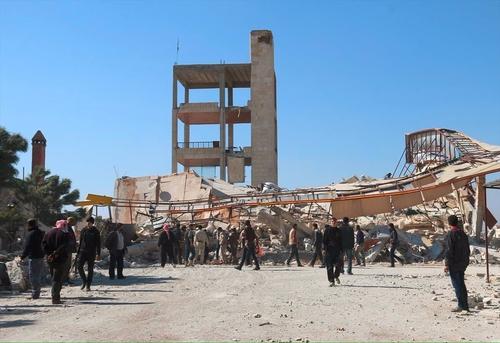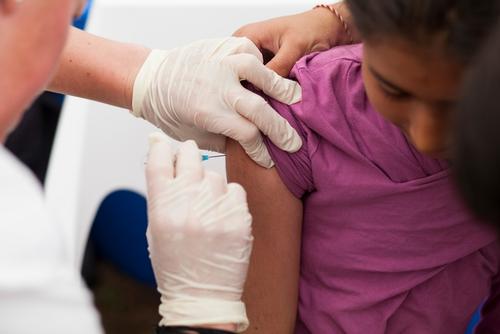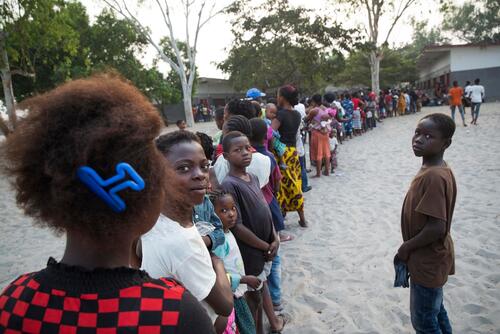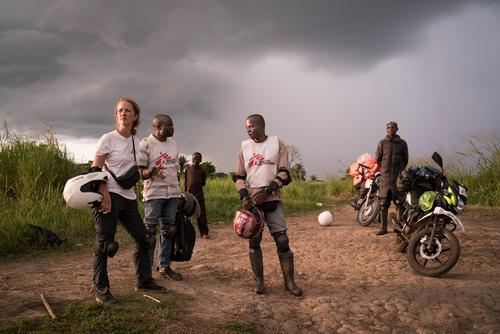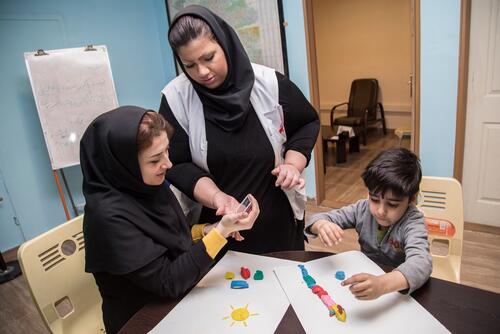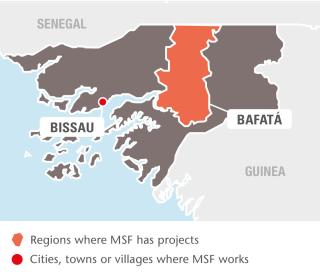
51,000
51,
In the central region of Bafatá, MSF continued working to reduce childhood mortality by managing the regional hospital’s neonatal and paediatric wards, and running a nutrition programme for children under 15 years of age. Teams also supported several health centres in rural areas and trained community health workers to diagnose and treat diarrhoea, malaria and acute respiratory infections; and to detect and refer malnutrition cases. A referral system from the community to the hospital was also implemented.
Fighting malaria
To face the yearly seasonal increase of malaria cases, MSF doubled the bed capacity of the regional hospital during the months of higher incidence. As an added preventive measure, the team implemented a seasonal malaria chemoprevention strategy for the first time in the country, reaching 25,000 children in Bafatá.
As malaria is one of the most prevalent diseases in the country, many children with fevers are misdiagnosed and summarily treated with antimalarial drugs. To prevent this practice, MSF initiated a study to document the epidemiological profile of the diseases found in Bafatá and create a simple diagnosis tree to allow medical personnel to correctly diagnose a child’s illness and treat it effectively.
A new project in the capital
In February, MSF started working in the main paediatric hospital in the country, in the capital Bissau, managing the intensive care unit (PICU) around the clock. The team worked closely with the Ministry of Health paediatric services to reduce the very high mortality rate of children in the PICU, which is mainly due to neonatal sepsis, lower respiratory infection and malaria.



